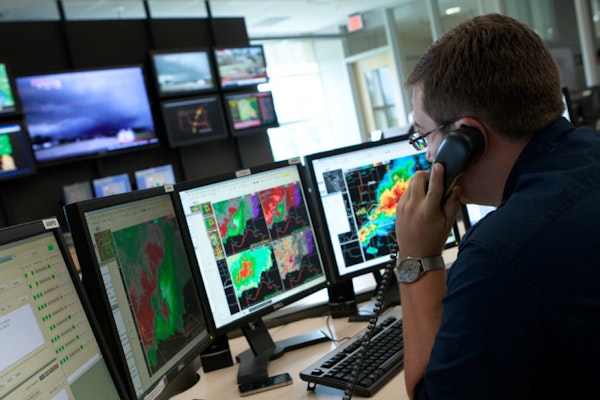
Hurricane Forecasts Face Backlash as Meteorologists Battle Misinformation and Threats
Despite the increasing accuracy of hurricane forecasts, meteorologists are facing growing threats, conspiracy theories, and public distrust fueled by misinformation on social media.
October 17, 2024
Catastrophe
Risk Management
Technology
Alabama
Florida
Iowa
North Carolina
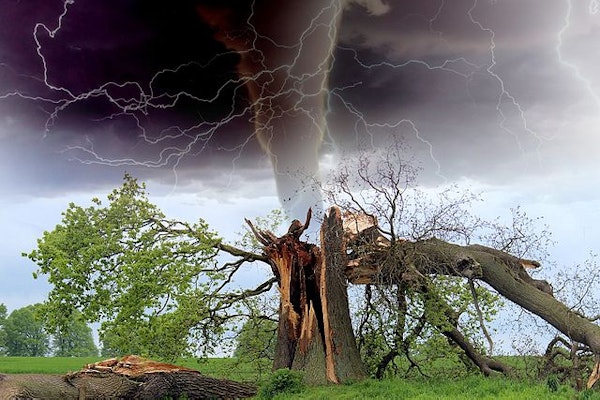
Tornadoes Hit South Florida as Hurricane Milton’s Landfall Strikes Elsewhere
While Hurricane Milton’s landfall was far from southeastern Florida, dozens of tornadoes struck the region, causing significant damage to homes and killing several people across the state.
October 15, 2024
Catastrophe
Litigation
Property
Risk Management
Florida

Louisiana’s Auto Insurance Affordability Challenges Persist in 2022
Despite rising incomes, Louisiana remains the least affordable state for personal auto coverage across the South and U.S., with premiums nearly 40% above the national average.
October 15, 2024
Auto
Legislation & Regulation
Litigation
Risk Management
Florida
Louisiana
Mississippi
North Carolina
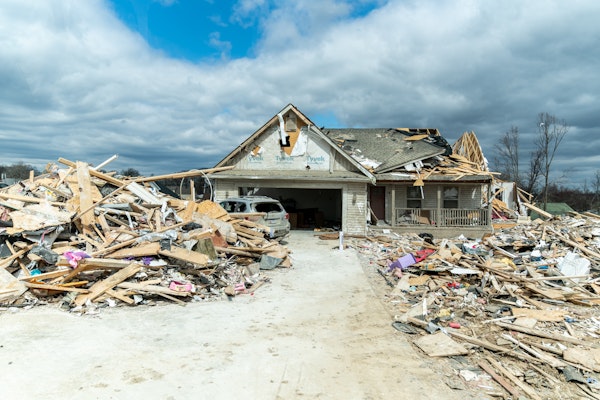
Why Hurricane Milton’s Tornado Outbreak Was So Severe and What It Means for Future Storms
Hurricane Milton triggered a deadly tornado outbreak in Florida, raising concerns over the increasing frequency of strong tornadoes linked to hurricanes. Early studies suggest a warmer world could amplify this trend.
October 15, 2024
Catastrophe
Property
Risk Management
Florida
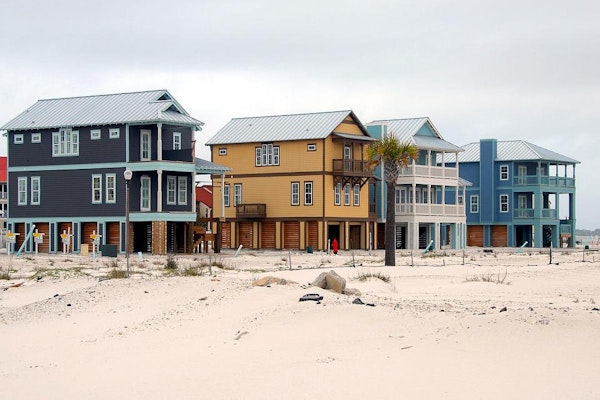
Florida Insurers Confident in Managing Losses From Another Major Hurricane This Season
Despite concerns from rating agencies, industry experts assure that Florida’s home insurance market has enough reinsurance and financial resilience to withstand additional hurricanes this season.
October 15, 2024
Catastrophe
Legislation & Regulation
Property
Risk Management
Florida
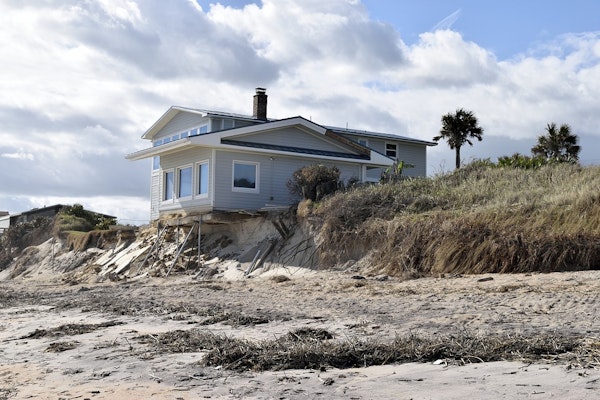
Hurricane Milton’s 123,000 Claims Signal New Reinsurance Strain, Rate Hikes Expected
Property insurance claims from Hurricane Milton have reached 123,000, triggering concerns over reinsurance price hikes and higher property insurance rates in Florida, where losses are estimated at $1.5 billion so far.
October 15, 2024
Catastrophe
Legislation & Regulation
Property
Florida
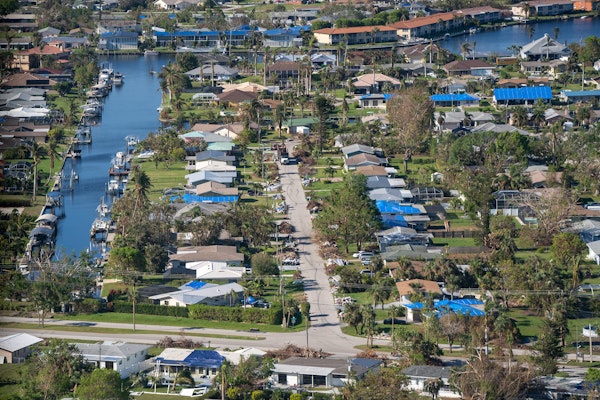
Hurricane Milton’s Impact on Florida Buildings Matches or Exceeds Hurricane Helene’s
ICEYE’s initial data suggests that Hurricane Milton has caused damage to as many as, or more than, 150,000 buildings in Florida, a count that rivals Hurricane Helene’s impact. Early loss estimates range from $15 billion to $40 billion.
October 14, 2024
Catastrophe
Insurance Industry
Property
Technology
Florida
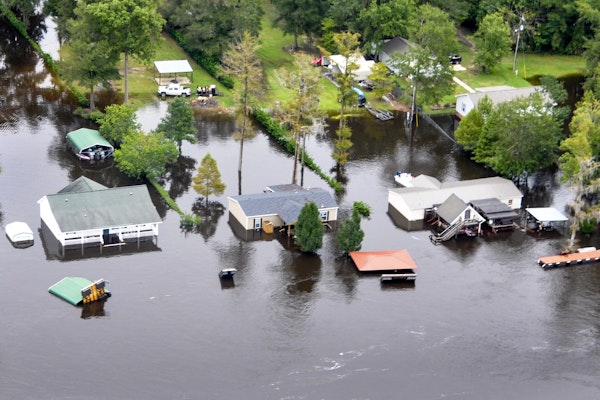
Insurers Brace for $60 Billion in Losses from Hurricane Milton’s Devastation
Hurricane Milton’s devastation in Florida is forecasted to trigger up to $60 billion in insured losses, with reinsurance rates expected to rise as the global insurance industry absorbs the impact.
October 14, 2024
Catastrophe
Property
Risk Management
Florida
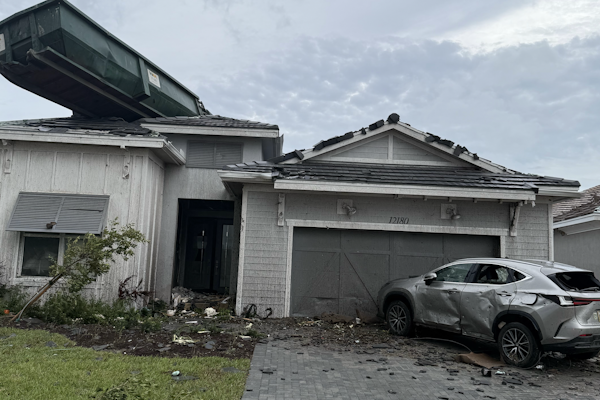
Tornado Sends Industrial Dumpster Onto Roof in Palm Beach Gardens Neighborhood
A powerful tornado, part of Hurricane Milton’s aftermath, caused significant damage in Palm Beach Gardens, Florida, including launching an industrial dumpster onto a home’s roof.
October 11, 2024
Catastrophe
Insurance Industry
Property
Risk Management
Florida
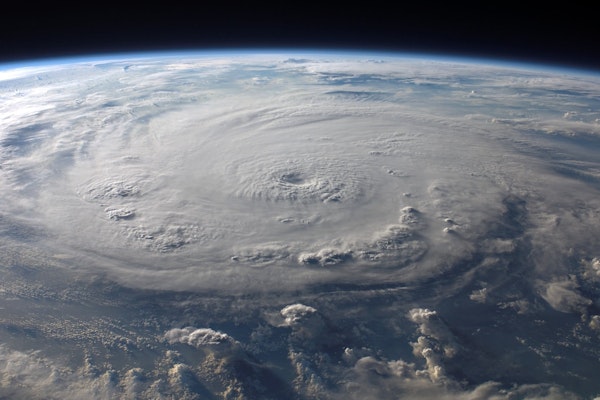
Catastrophe Bond Investors Dodge Severe Losses Following Hurricane Milton
After Hurricane Milton weakened before landfall, investors in catastrophe bonds are facing losses well below earlier estimates, with single-digit hits predicted instead of the feared 15%.
October 11, 2024
Catastrophe
Insurance Industry
Property
Risk Management
Florida
Texas
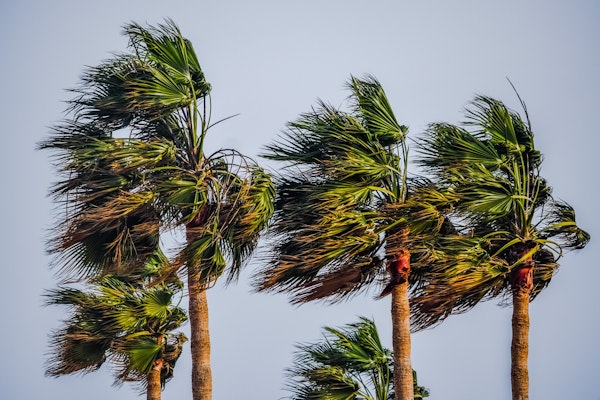
Hurricane Milton’s Winds Top 120 mph, Damage Roofs and Power Lines in St. Petersburg Area
Hurricane Milton brought intense winds, widespread destruction, and left millions without power in Florida. While storm surge impacts were less severe than anticipated, damage to homes, power lines, and infrastructure is widespread.
October 11, 2024
Catastrophe
Legislation & Regulation
Property
Risk Management
Florida
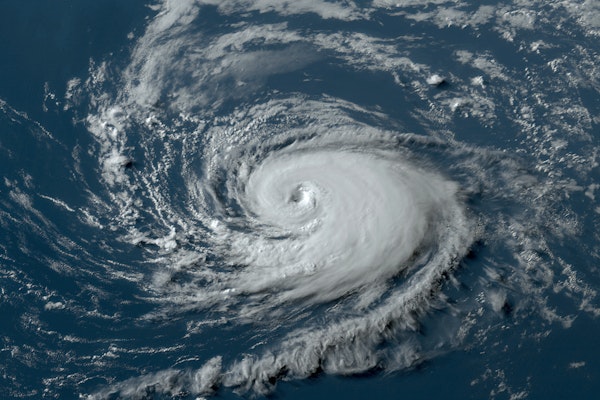
Insured Losses from Hurricane Milton Expected to Hit Both Primary Insurers and Reinsurers
Moody’s reports that Hurricane Milton, which struck Florida as a Category 3 storm, will likely impact both primary insurers and reinsurers, with ceded losses increasing as total damages rise.
October 11, 2024
Auto
Catastrophe
Property
Florida
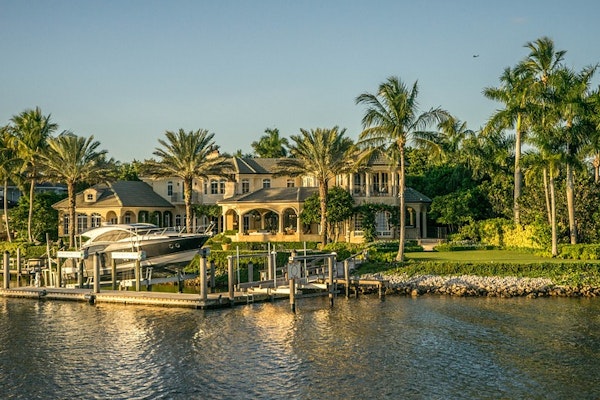
Florida’s Property Insurance Market Strengthens After Major Hurricanes
Despite recent hurricane challenges, Florida’s property insurance market is showing resilience, with reforms leading to rate reductions, new insurer entries, and declining reinsurance costs in 2024.
October 11, 2024
Insurance Industry
Legislation & Regulation
Property
Risk Management
Florida

New Emergency Rule Boosts Claims Transparency for Florida Insurance Consumers
Florida’s CFO Jimmy Patronis has introduced an emergency rule to improve the claims adjustment process, requiring adjusters to disclose changes to damage estimates and provide detailed explanations for any modifications, ensuring transparency for insurance policyholders.
October 11, 2024
Catastrophe
Insurance Industry
Legislation & Regulation
Property
Florida

Climate Change Intensifies Hurricane Helene’s Impact on Coastal and Inland Communities
Hurricane Helene, a Category 4 storm, caused catastrophic flooding and destruction from Florida’s coast to the Southern Appalachians. Research shows climate change intensified its rainfall, winds, and flooding risks.
October 11, 2024
Catastrophe
Legislation & Regulation
Property
Risk Management
Florida
Georgia
North Carolina
South Carolina
Tennessee





